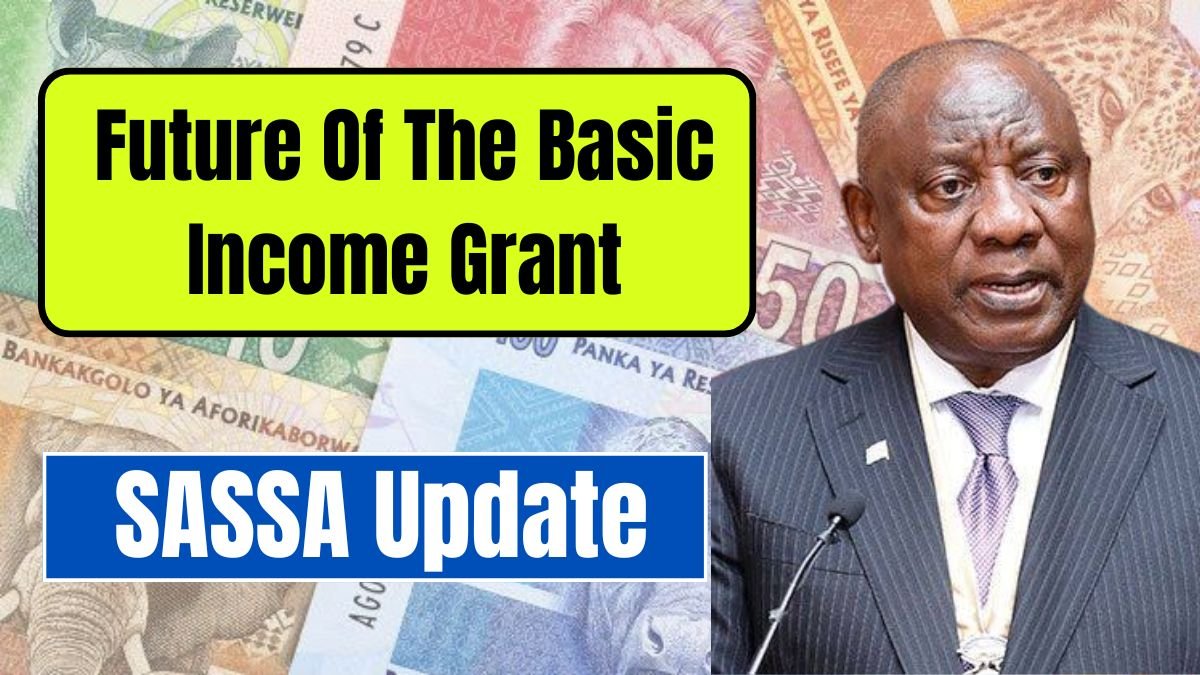It is not so much the theoretical definition of poverty that has served as the basis for classifying South Africans as poor; the much more real implications of individual deprivation cast a long shadow over the glaring truths in such definitions. What has indeed made South Africa’s grossness unimaginable is the reality of economic inequality, reaching superlative levels and stably settled in the deepest enclave of the African continent. Its much-hailed new democracy becomes ironically very shabby due to economic inequality, which ironically even more greatly divides individuals in the overall social identity that they imagine connects them.
The concept of a Basic Income Grant (BIG) was initially conceived to reduce poverty strain and have income megaflo, but it has gained significant traction recently in South Africa. However, it is still discussed for possible implementation in 2025. The views pushed the program as a solution for poverty, economic disparity, and unemployment. The feasibility of such a program largely linked to existing challenges which the South African Social Security Agency (SASSA) faces. Here below follows a closer insight into the prospects of a BIG, SASSA’s problems, and future implications for South Africa.
What The SASSA Universal Basic Income ?
The grant will specifically target all adults of working age inside the range of 18 to 59 years who do not qualify for any other social grants like the Older Person’s Grant or Disability Grant. Initial projections suggest that the government could possibly offer amounts between R350 and R1,200 monthly depending on its fiscal capacity.
Challenges That Are Facing SASSA Whined
The agency running South Africa’s social grant system has been bogged down by several events that would also affect its potential to implement a BIG:
1. Operational Inefficiencies
- A public mistrust in the ability of SASSA to disburse timely assistance owing to frequent payment delays and technical failures.
2. Fraud and Corruption
- Such cases of fraudulent grant claims and misappropriated funds continue to trouble the agency, raising questions about its capability to manage a more extensive program as BIG.
3. Constraints on Funding
- South Africa has limited fiscal resources, which poses a formidable challenge since the implementation of a BIG would require billions of additional funding.”
Future South Africa With Basic Income Grant
Without doubt, the Basic Income Grant is capable of changing South Africa’s socio-economic landscape. It can:
- Alleviate poverty and hunger.
- Enhance locality through increased consumer spending.
- Enable one to pursue education, training, or entrepreneurial opportunities.
However, that depends on the addressing of SASSA’s inefficiencies as well as sustainable funding acquisition. Policymakers have suggested options such as tax reforms, wealth taxes, or reallocating existing budget resources to fund the program.
Conclusion
Indeed, the Basic Income Grant harbors great hope for the resolution of South Africa’s socio-economic ills, but the hopes remain dim with regards to its launch by 2025. Thus, it becomes critical to strengthen SASSA’s operations and develop transparent funding mechanisms for ensuring Zimbabwe realizes this vision. At the end of several years, this African country will determine whether it has taken the bold step towards a more equitable future or not.
Also Read: Public Sector Salary Hike 2025: Is A Pay Raise Coming In South Africa?
